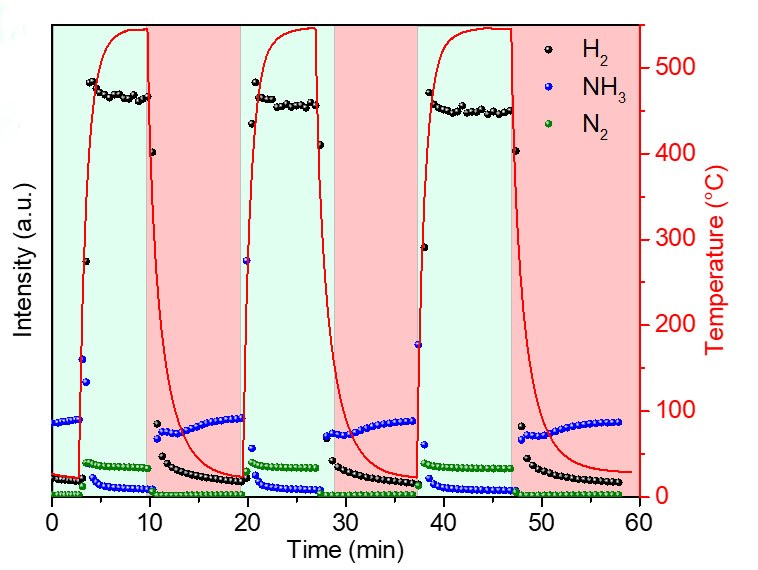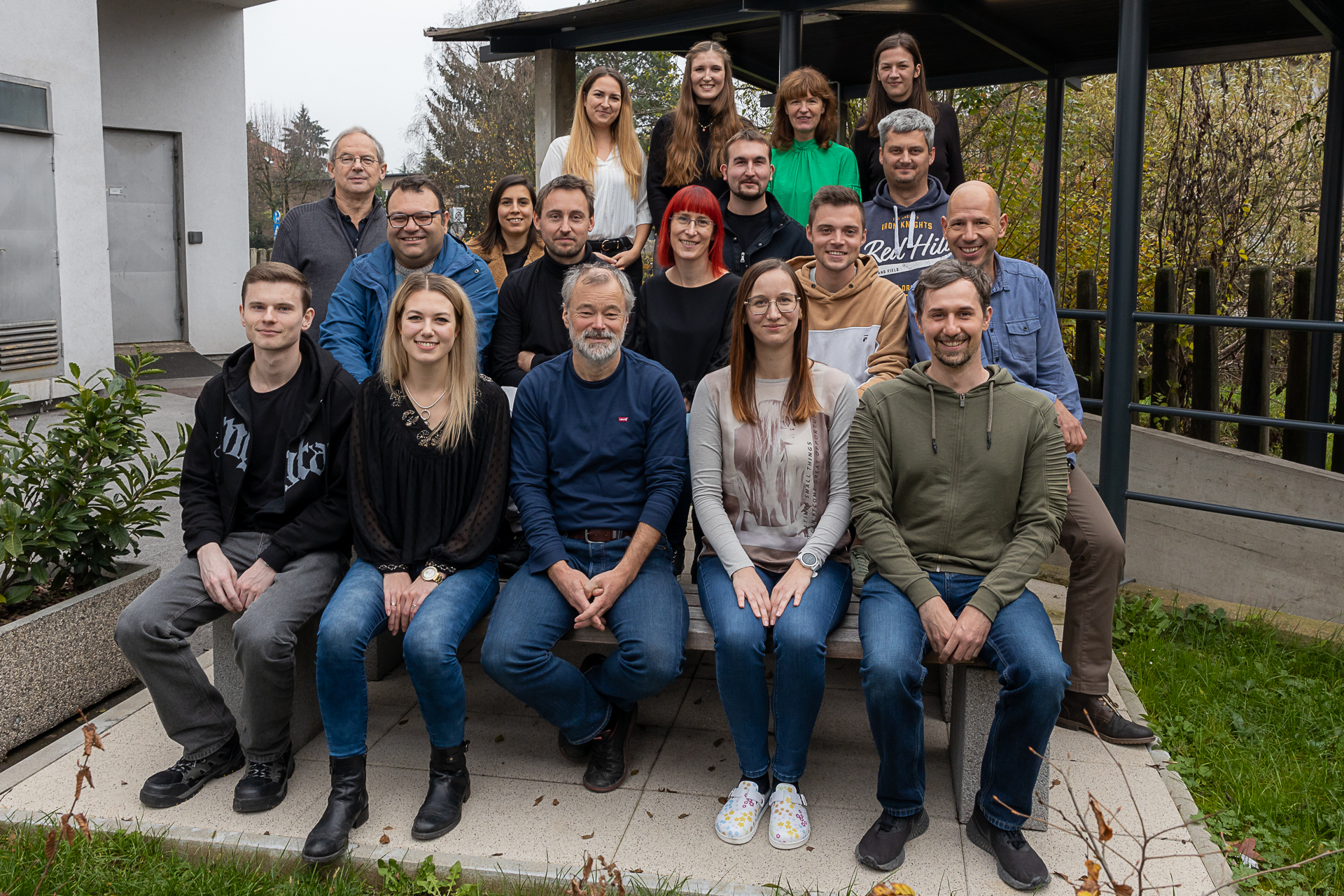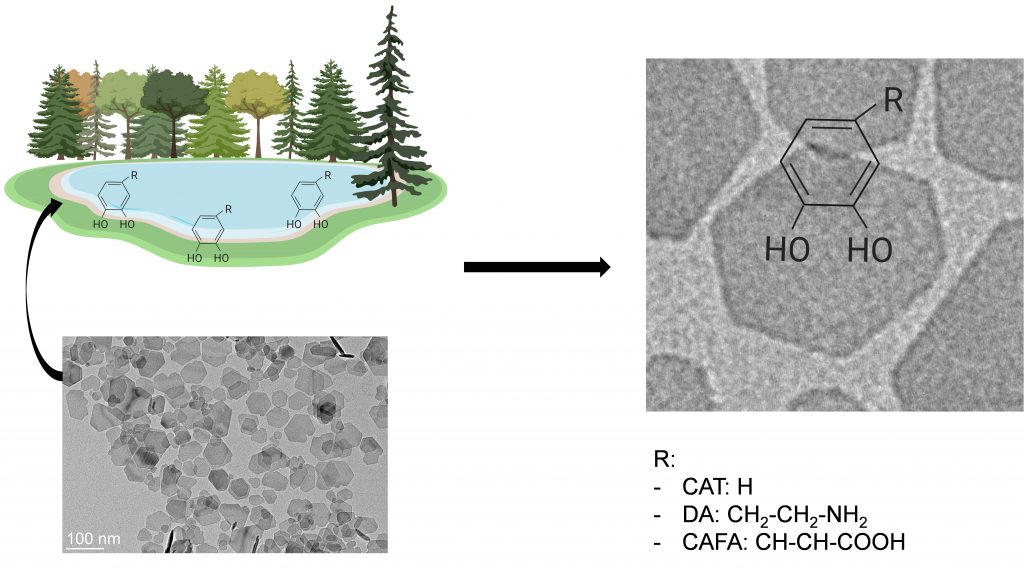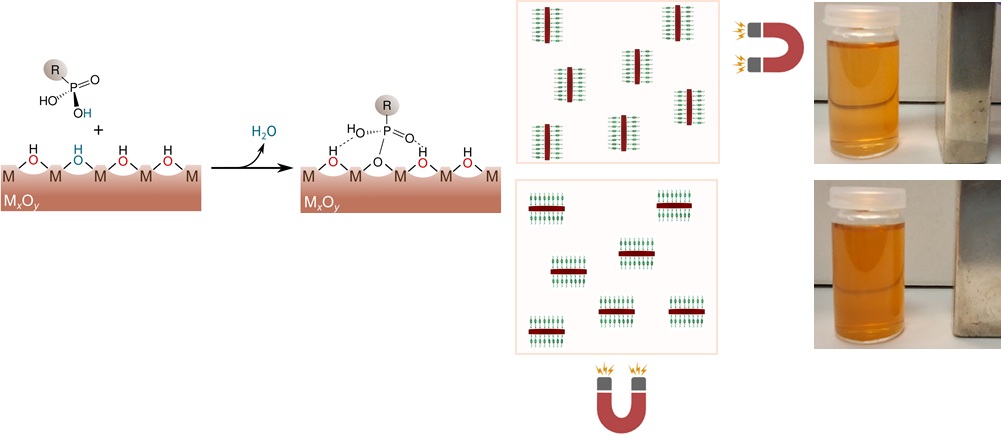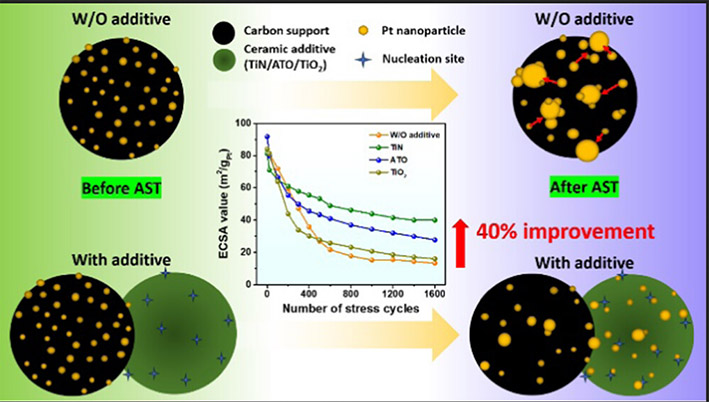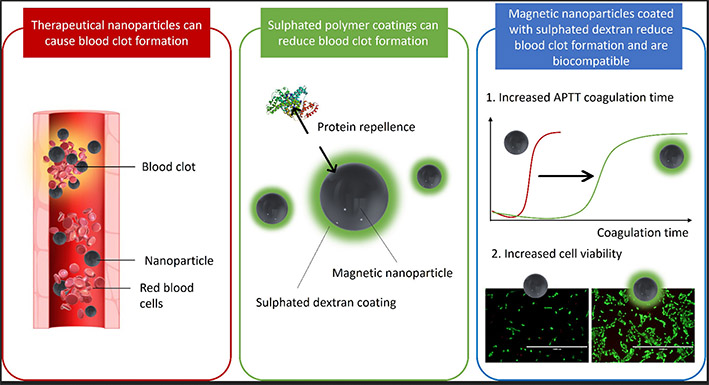Materials Synthesis Department focuses on advanced materials. The aim of our research is to obtain knowledge of materials chemistry for the controlled synthesis of new materials with desirable properties. Materials of interest are nanoparticles, (nano)composites, colloids, magnetic fluids, ceramics for applications in medicine, electronics, chemical technology, biotechnology, ecology, and sensorics.
NEWS
You are warmly invited to our seminar
Hybrid Organic-Inorganic Foams: From Design to Applications which will take place
on June 10, 2025, at 9:00 AM in the Kolar Lecture Hall.
Our guest will be Associate Professor Dr. Sebastijan Kovačič from the Faculty of Chemistry and Chemical Engineering, University of Maribor.
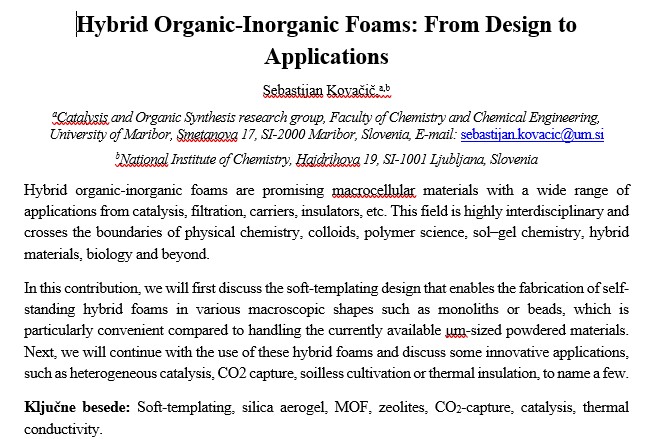
The colleagues of Department K8 took a leisurely walk across Rožnik all the way to the Union pub, where we enjoyed a lunch together and talked about shared topics in a relaxed atmosphere.
In good spirits, we then strolled back through the fragrant Tivoli Park to the Jožef Stefan Institute, where everything we hadn’t finished before our walk was faithfully waiting for us 🙂
Good vibes, good people, good day!
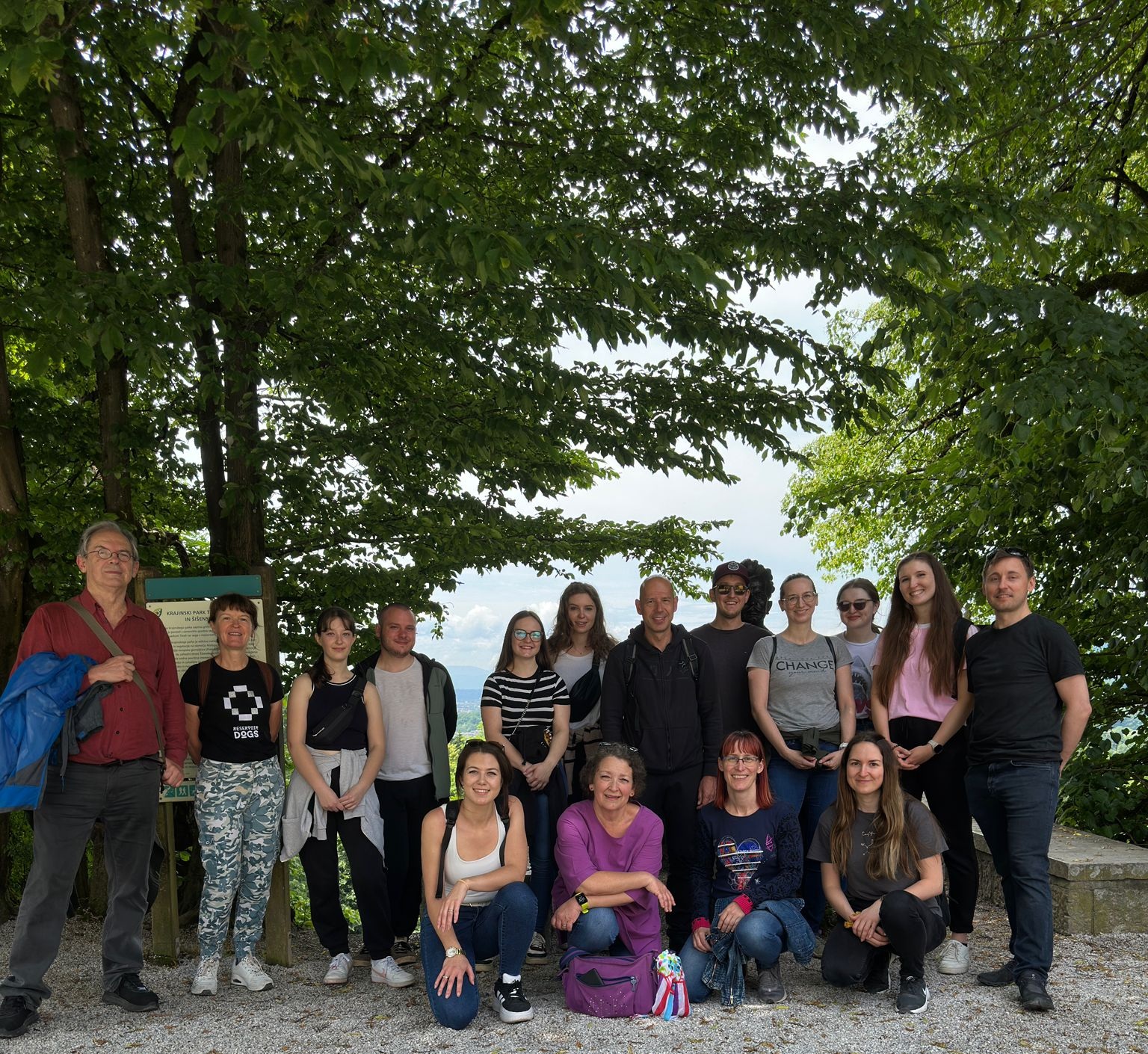
Welcome, Juraj!
Dr. Juraj Nikolić has joined our team! We are very excited to work with him and wish him many groundbreaking discoveries and much joy in his work!
Juraj completed his B.Sc. (2013), M.Sc. (2015), and Ph.D. (2020) studies at the University of Zagreb Faculty of Science, Department of Chemistry. From 2016 to 2021, he was employed as a research assistant at the Division of Materials Chemistry, Ruđer Bošković Institute (RBI) in Zagreb. During his Ph.D. studies at RBI, he investigated structure–property relationships in various phosphate glasses.
From 2021 to 2025, he worked at the University of Zagreb, Faculty of Science, as a postdoctoral researcher on two different projects. During this time, he studied the preparation and properties of biocompatible polyelectrolyte multilayer thin films, as well as the adsorption of polyelectrolytes onto various solid surfaces and nanoparticles to enhance their surface properties. As part of his postdoctoral work, he also taught several physical chemistry courses to undergraduate and graduate chemistry students.
To date, Juraj has published 13 research papers, including 3 as the corresponding author, and has contributed to 36 conference presentations. While at the Faculty of Science University of Zagreb, he co-mentored three M.Sc. theses, with a fourth currently nearing completion.
At K8, Juraj will focus on the synthesis and functionalisation of various quantum materials and on microfluidics
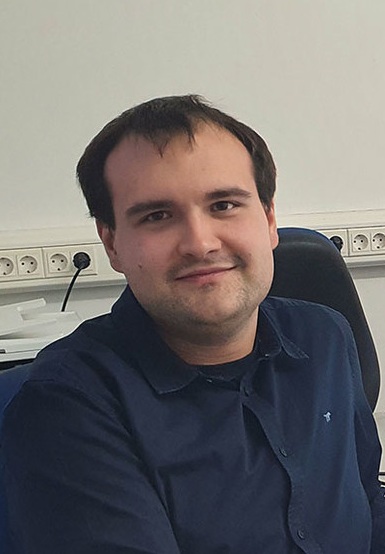
Our new articles
